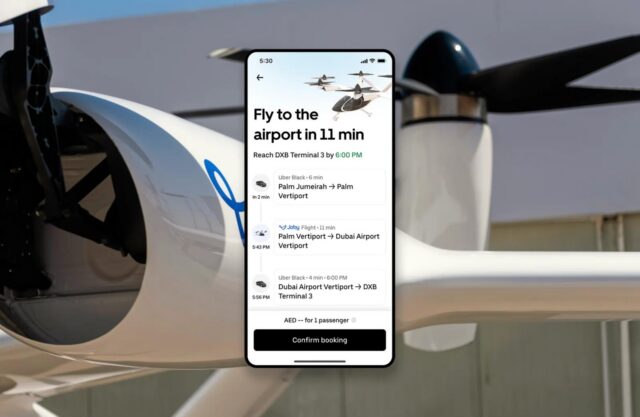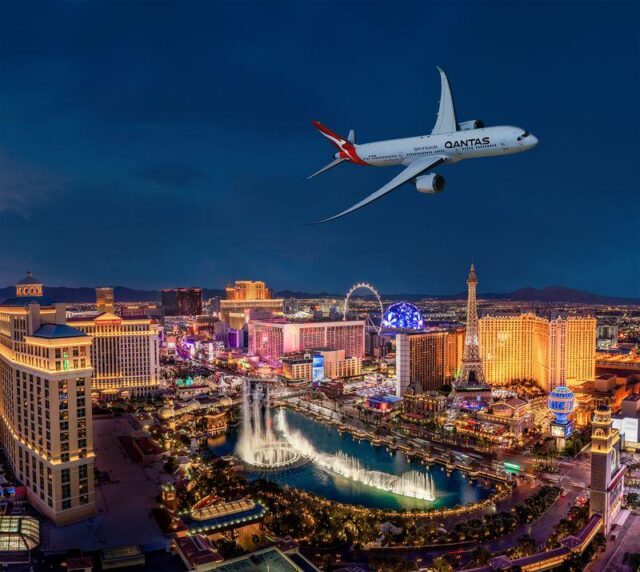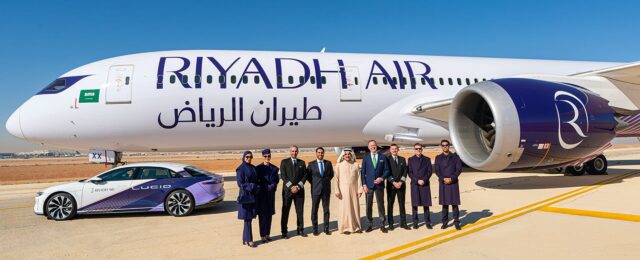United launches CBP’s International Remote Baggage Screening on Sydney flights as more airlines cut connection times

September 30, 2025

United Airlines has introduced International Remote Baggage Screening (IRBS) in partnership with US Customs and Border Protection (CBP). The process eliminates the need for passengers to collect and re-check their bags upon arrival in the US. It is now live on United’s daily service from Sydney (SYD) to San Francisco (SFO).
Growing IRBS adoption is changing how international-to-domestic transfers are handled at US hubs. IRBS helps cut one of the most time-consuming steps for connecting passengers. The new baggage screening system is also available on select American, Delta, and Korean Air routes.
How the CBP’s IRBS system works
With IRBS, checked baggage is x-rayed at the point of departure, and the images are transmitted electronically to CBP officers in the US before the flight lands. If no issues are flagged, the bags are automatically routed to the traveller’s final destination.
That means passengers arriving in San Francisco from Sydney on United now clear customs and immigration without retrieving luggage mid-journey. They simply collect their bags at their final US airport, saving up to 45 minutes during the transfer.

“We’re streamlining the international arrival process by eliminating extra steps for travellers to pick up and re-check their bags on connecting flights,” said Jennifer Schwierzke, United’s Vice President of Customer Operations Strategy and Execution. “Together with CBP, we’re testing this new process on routes between Sydney and San Francisco and plan to expand to additional international routes in the months ahead.”
Sydney Airport CEO Scott Charlton welcomed United’s participation, noting: “It’s a win for passengers – saving valuable time, making connections easier, and showing how Sydney Airport and our airline partners are working together to deliver smoother, more seamless journeys.”
More airlines adopt IRBS
United’s rollout follows the adoption of CBP’s program by other airlines. American Airlines activated IRBS in April on the Sydney-to-Los Angeles route, one of the busiest trans-Pacific connections.
Korean Air & Delta launched IRBS on their joint Seoul Incheon to Atlanta service, covering both direct and connecting passengers through ICN. The system is estimated to save about 20 minutes in connection times and will benefit over 300,000 travellers annually.

“We’re committed to making transpacific travel easier and more enjoyable,” said Jeff Moomaw, Delta’s Vice President for the Asia-Pacific region of the IRBS deployment. “This is only the beginning—we aim to bring these benefits to more US destinations from ICN.”
The IRBS initiative is part of CBP’s Airport Modernisation strategy, combining enhanced security with operational efficiency by applying technology.
“Secure and efficient processing of US citizens, trusted travellers, and visitors to the US is critical for the economic and national security of the United States, which cannot be accomplished exclusively with facility improvements, personnel, or stakeholder improvements,” the CBP states.
With United, American, Delta, and Korean Air already on board, IRBS is transitioning from a pilot project to an industry trend. More airlines and long-haul routes are likely to follow, easing one of the biggest points of friction in transiting American airports.
















